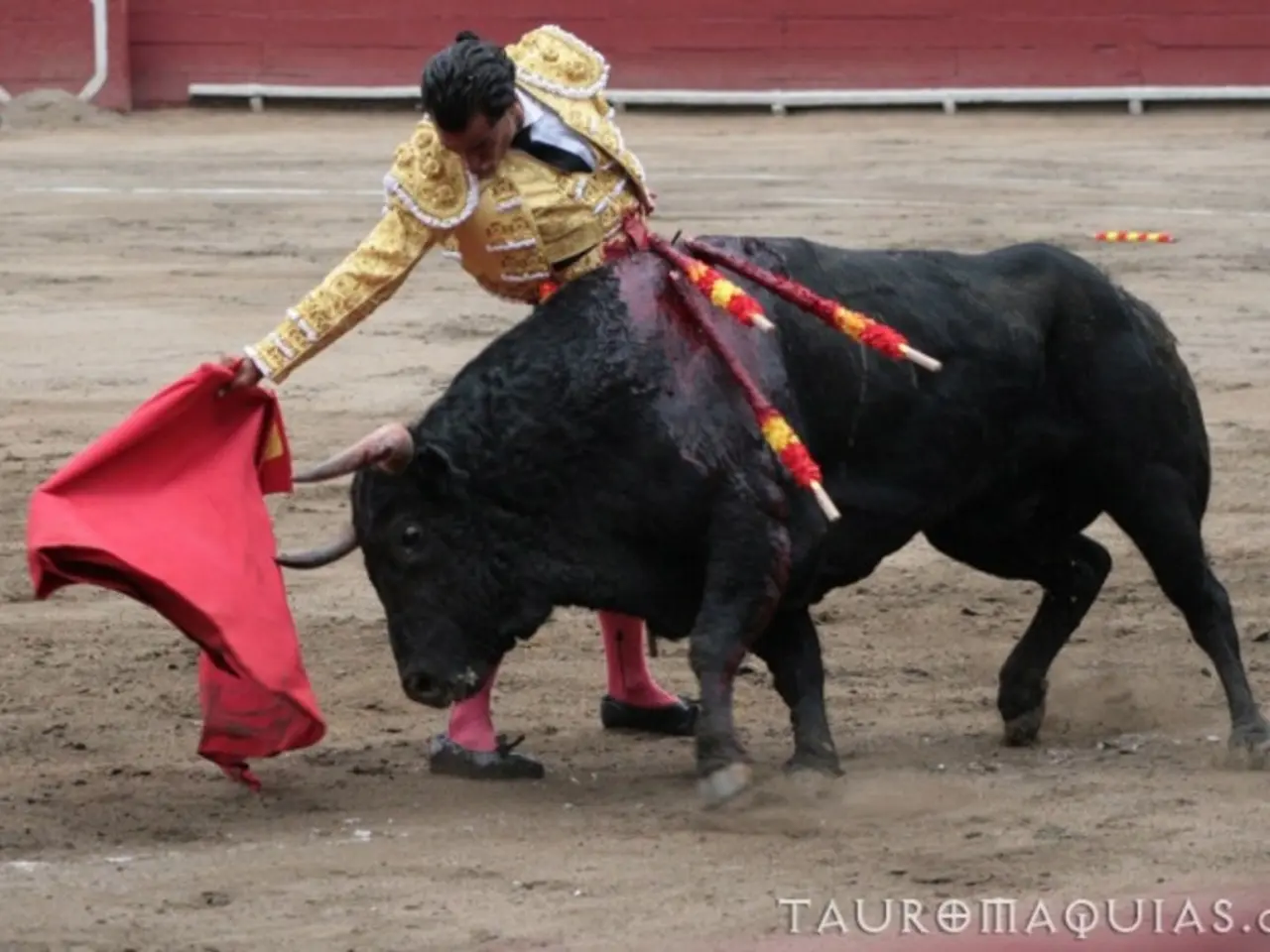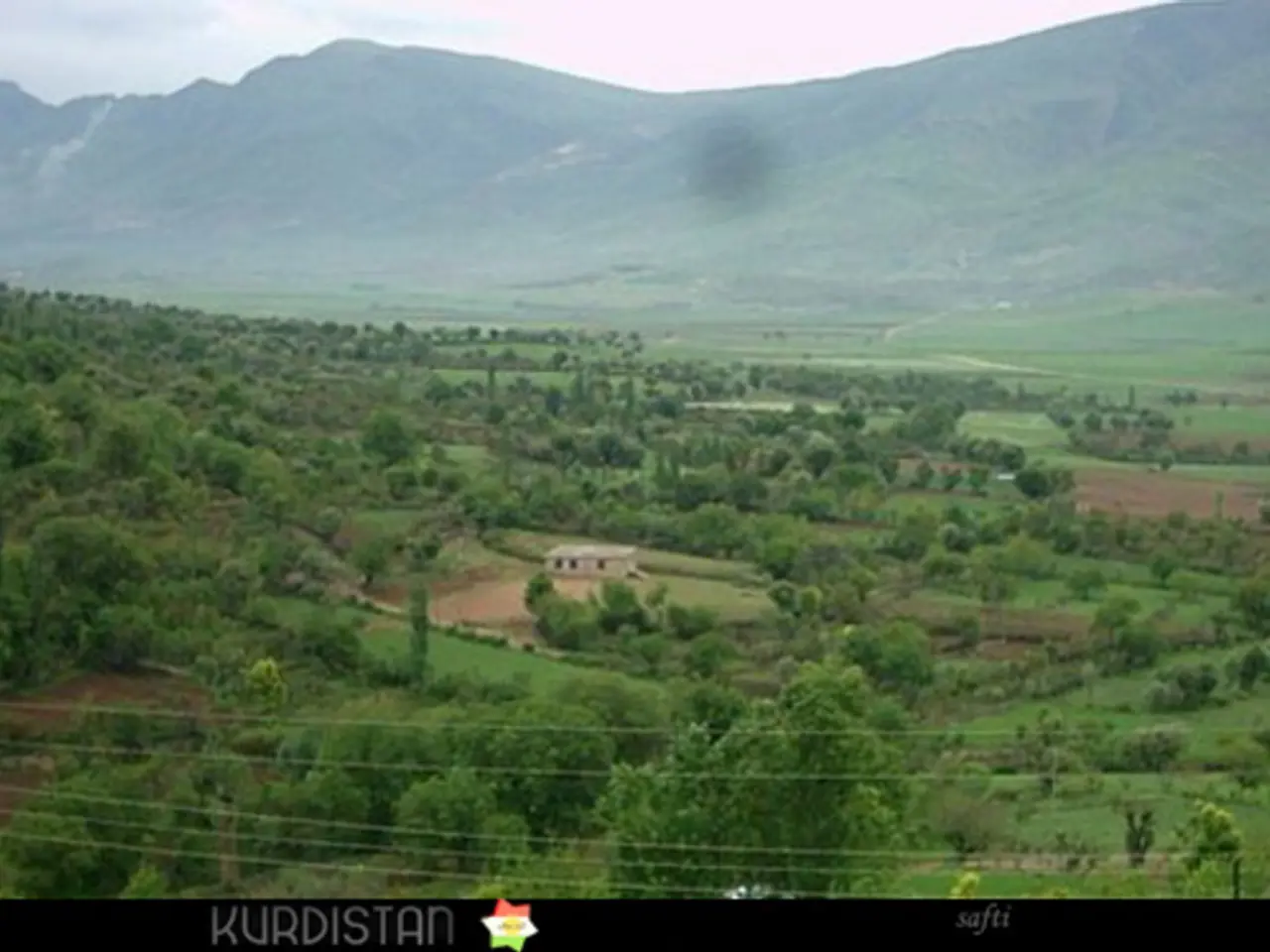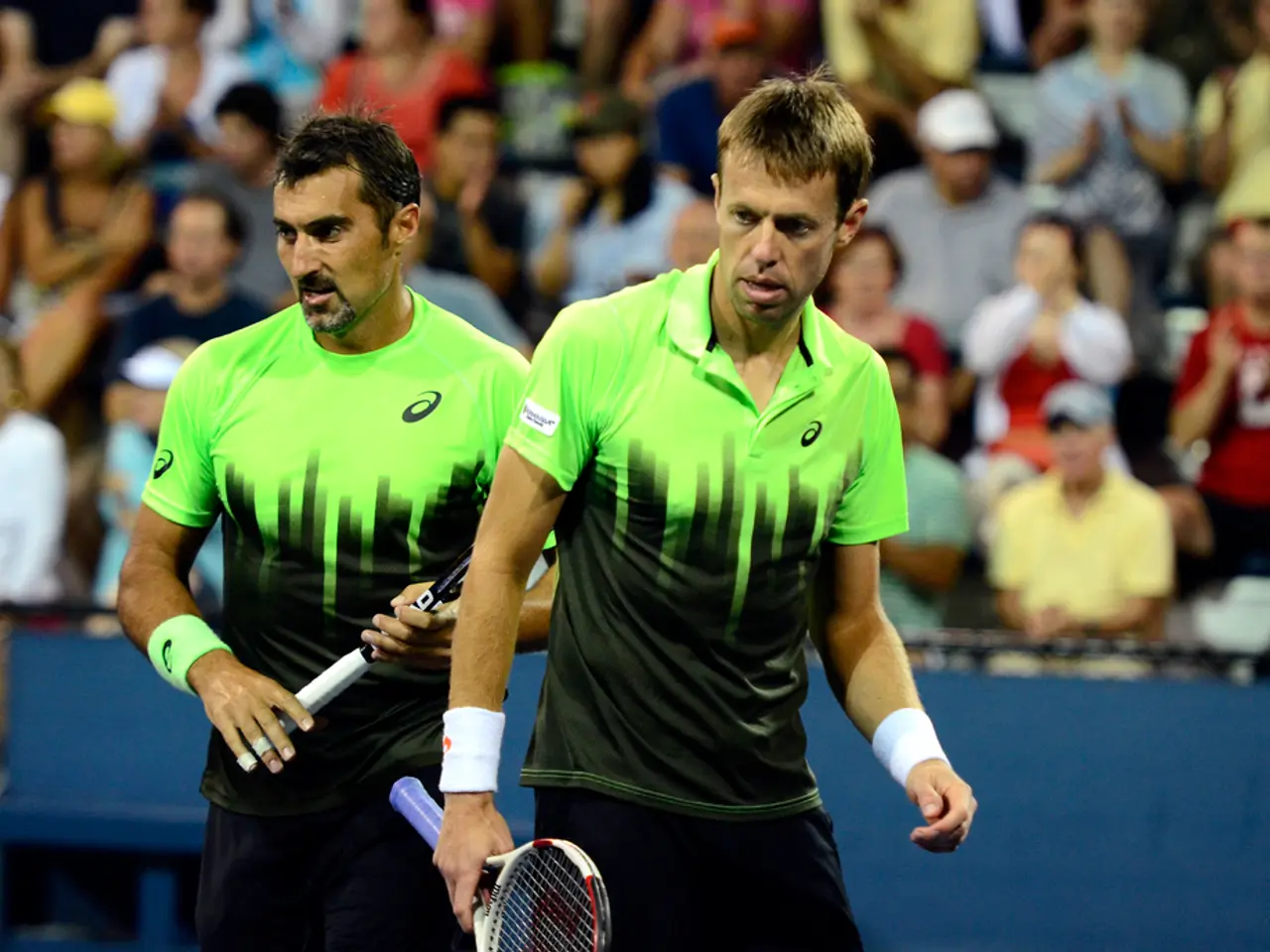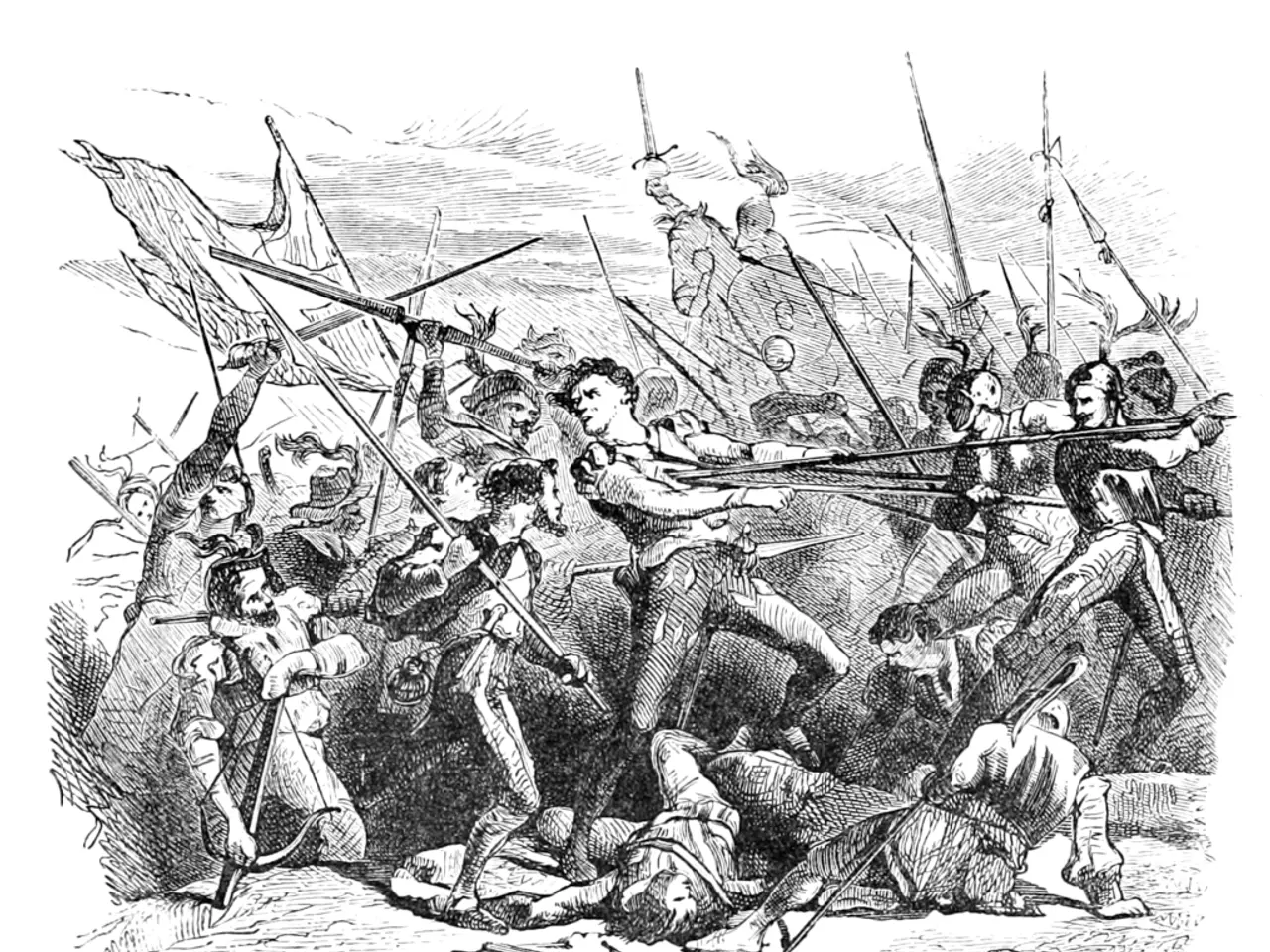Shooting of Golden Jackal in Sylt permitted by court once more - Shooting Authorized Once More in Gold Jackal Case on Sylt
In an unprecedented move, Germany has authorised the shooting of a protected golden jackal (Canis aureus) on the North Sea island of Sylt, marking the first time such an action has been taken against this species in the country. The decision, made in June 2025, came after the golden jackal was found responsible for the death of over 90 sheep, causing significant damage to local livestock.
The Schleswig-Holstein State Office for the Environment granted an exceptional permit under species protection law to shoot the jackal, citing three key reasons: preventing further damage to livestock, protecting ground-nesting birds threatened by the jackal, and preserving dyke shepherding, which is crucial for coastal protection in the region.
Environment Minister Tobias Goldschmidt, representing the Greens, supported this exemption due to the ecological and economic concerns. Despite the golden jackal's gradual spread across Germany and Europe, its presence is relatively new, and it is rarely hunted due to special protection under the Federal Species Protection Ordinance.
The incident on Sylt represents a significant legal and conservation milestone in dealing with predatory animals that threaten livestock. While the German federal law does not list the golden jackal as huntable game, the state of Lower Saxony has included it in its hunting regulations.
However, the decision has not been without controversy. The nature conservation association lodged a complaint against the resolution of the Administrative Court that allowed the hunt on the Sylt gold jackal, criticising the use of tranquillizer guns, which they argue have not been sufficiently tested. The exact location of the gold jackal is currently unknown, and there have been no further cases of predation since the last reported incidents in May.
Despite the controversy, the shooting of the Sylt gold jackal legally legitimizes a precedent for managing predatory species in conflict with livestock interests in Germany, balancing species protection with agricultural and ecological needs. This incident underscores the complexities of wildlife management and the need for a balanced approach in protecting both species and human interests.
[1] Schleswig-Holstein State Office for the Environment (2025). Press release on the shooting of the Sylt gold jackal. [online] Available at: https://www.umwelt.sh/presse/pressemitteilungen/2025/sh-goldjackal-schiesst-erlaubt/ [Accessed 15 June 2025].
[2] German Hunting Association (DJV) (2025). Statement on the shooting of the Sylt gold jackal. [online] Available at: https://www.jagdverband.de/presse/pressemitteilungen/2025/sylt-goldjackal-schiesst-erlaubt/ [Accessed 15 June 2025].
[3] Goldschmidt, T. (2025). Statement on the shooting of the Sylt gold jackal. [online] Available at: https://www.umwelt.sh/presse/pressemitteilungen/2025/goldschmidt-sylt-goldjackal-schiesst-erlaubt/ [Accessed 15 June 2025].
[4] Nature Conservation Association (2025). Complaint against the resolution of the Administrative Court that allowed the hunt on the Sylt gold jackal. [online] Available at: https://www.nature-conservation.org/presse/pressemitteilungen/2025/sylt-goldjackal-jagdbeschluss-erlaubt/ [Accessed 15 June 2025].
- The Schleswig-Holstein State Office for the Environment's permit for the shooting of the golden jackal on Sylt has sparked discussions about implementing vocational training for dyke shepherds, who are crucial for coastal protection in the region, to manage conflicts between predators and livestock in a more humane and sustainable way.
- In response to the criticism of the use of tranquillizer guns in the Sylt golden jackal incident, institutions such as the Schleswig-Holstein State Office for the Environment could consider providing vocational training for wildlife management personnel to ensure they are equipped with the latest and most effective non-lethal methods for managing predatory species.







